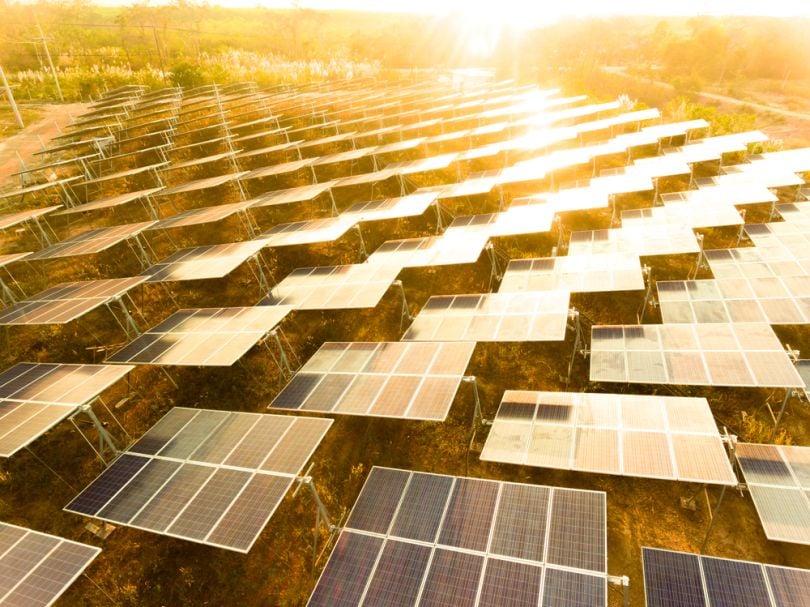
According to the World Bank, around 41 percent of Nigerians have no access to electricity. OneWattSolar, a Lagos-based startup, believes blockchain could be a key to delivering a clean energy solution for this population, reports CNN.
The clean tech company offers Ethereum-based blockchain tokens as a means for its customers to bypass paying for capital-intensive solar energy infrastructure, which financial backers will bankroll.
According to OneWattSolar’s vice president of operations and blockchain strategy, Victor Alagbe, Elon Musk inspired the concept. "I did some writing on Tesla and so I thought it is sunny most of the time here, especially in the northern parts where it is quite arid," the former business writer tells CNN.
"So why don't we use this to power our own electricity... many Nigerians cannot really afford to set up their own solar systems. They can't afford the start up cost so most people would rather go for generators which is not economical when you think of maintenance costs.”
"So why don't we use this to power our own electricity... many Nigerians cannot really afford to set up their own solar systems. They can't afford the start up cost so most people would rather go for generators which is not economical when you think of maintenance costs," Alagbe explained.
He believes that allowing customers to purchase tokens in the local naira currency on third party fintech platforms “provides transparency, you can see the utilization of funds, how many systems we have purchased and how many are being used.”
Another advantage of their service versus traditional energy offerings? Cost savings. Energy usage is around 70 Nigerian naira ($0.19) per kilowatt. According to Alagbe, “the blockchain system is 50 percent cheaper than diesel," with expensive generator maintenance out of the picture.
OneWattSolar systems will comprise solar panels as well as a fitted internet enabled router collecting energy usage data used to determine monthly charges for their pay-as-you-go model. The systems are also designed to send real-time notifications to the company should any problems arise.
The eight-month old startup is operates under GoSolar Africa, a renewable energy company founded in 2010. OneWattSolar plans to launch in January 2019, beginning with one thousand fully operational systems.
The demand is there, said Alagbe, who tells CNN that 6,400 homes have signed up for their waiting list. Ultimately, he says, the company wants to deliver their blockchain-powered solar energy solution to one million homes across Sub-Saharan Africa without electricity by 2025.




